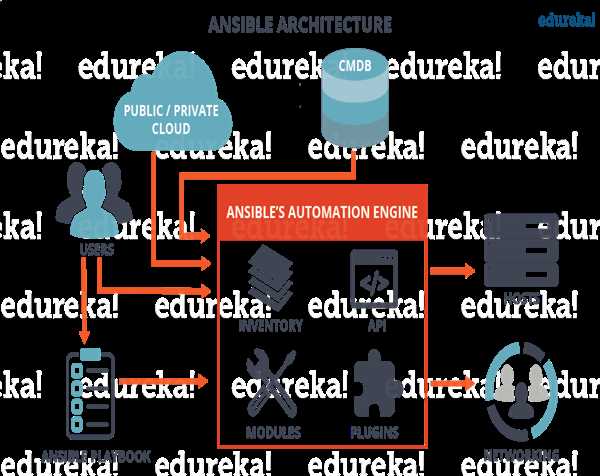Ansible is an open-source IT automation platform used to automate various IT processes, such as configuration management, application deployment, orchestration, and provisioning. It allows you to easily manage complex IT environments without having to manually install and configure each piece of software.
Ansible is written in Python, and it is based on an agentless architecture. This means that instead of requiring agents or software to be installed on each machine, it can simply execute tasks on remote machines using SSH. This makes it a powerful and easy-to-use automation tool for IT infrastructure.
Usage Of Ansible

Ansible is used for a variety of tasks, including managing applications, servers, networks, databases, and more. It can be used to manage multiple machines simultaneously, as well as large-scale deployments. It is also used to automate repetitive tasks and simplify complicated IT operations.
Ansible can be used to automate a variety of tasks, such as setting up and configuring servers, deploying applications, patching systems, creating custom configurations, and more. It can also be used to integrate with other tools, such as Puppet, Chef, and Salt.
In addition to its automation capabilities, Ansible also provides an easy-to-use configuration management solution. This means that you can store your configuration files in a single repository, and make changes to them whenever you need to. This helps to ensure that all of your servers and applications are always up to date and that you can easily make changes when needed.
Benefit Of Ansible
The primary benefit of Ansible is its flexibility. It can be used for automating a variety of tasks, from simple system administration tasks to complex application deployments. It can be used in both small and large-scale environments and is designed to be easily extendable to accommodate custom requirements.
Ansible is also designed to be highly secure. It has an integrated security model that allows for secure authentication and authorization of users, and it can also be used to securely manage SSH keys and passwords.
Ansible is also highly scalable. It can be used to manage large-scale IT deployments and can be easily extended to accommodate custom requirements.
Conclusion
Ansible is a powerful, flexible tool that can be used to manage and configure large-scale IT infrastructures. It is an ideal tool for
DevOps teams and IT professionals who want to automate their tasks quickly and easily. It provides an easy-to-use platform for automating IT operations, reducing errors, and improving accuracy in system configuration.